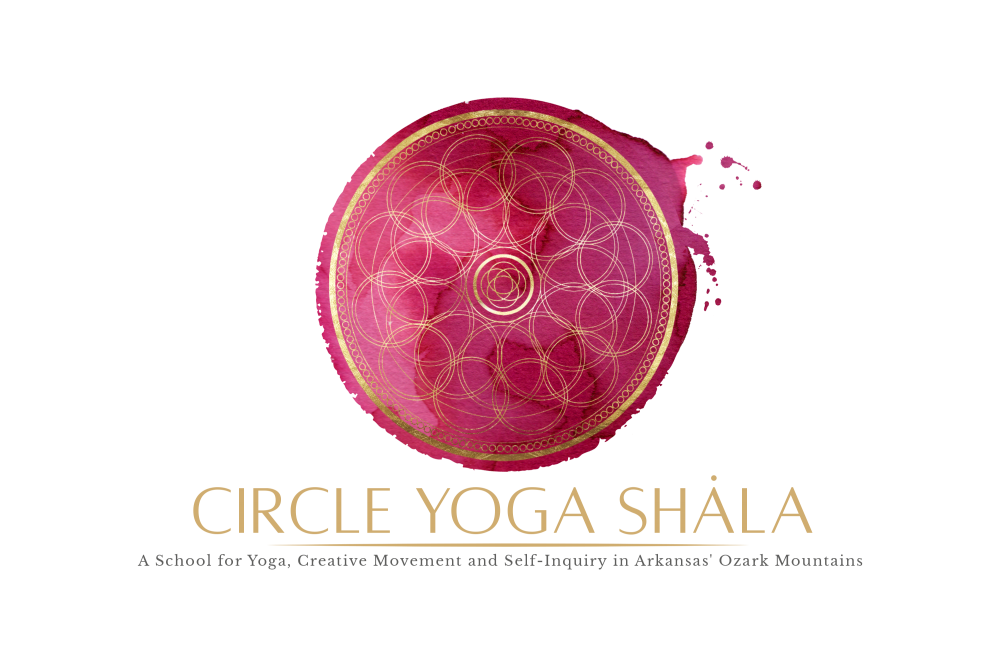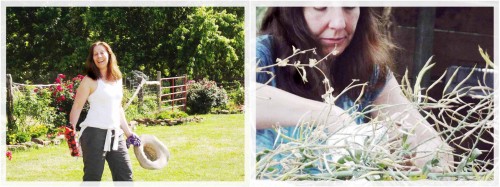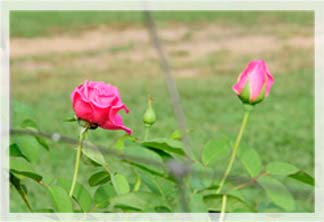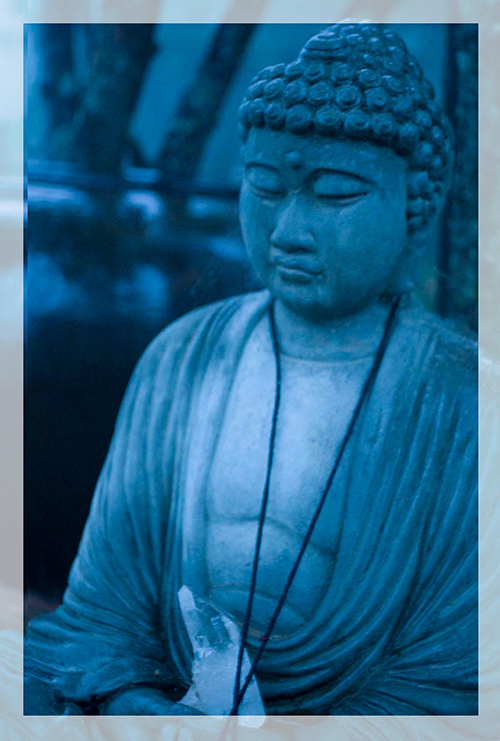A mirror of the cook’s mind
The kitchen, when viewed through a certain lens, is a mirror of the cook’s mind. How well is it organized? How efficient is it? Does it maintain its own existence in equanimity or does it fall into disarray?
As I have worked in the Shala kitchen, I have experienced the multi-tiered processing of my mind. Often times thinking tends to be linear, that is, from A to B. When thought flows in a linear process we concern ourselves with ostensibly separate parts and generally do not notice the “big picture” until something has gone wrong. But in the kitchen thinking must morph into a web-like structure, networking thought and process together into a cohesive whole. This type of understanding allows for our thought processes and our subsequent actions to spiritualize— or to manifest and align according to what is actually happening. Continue reading






